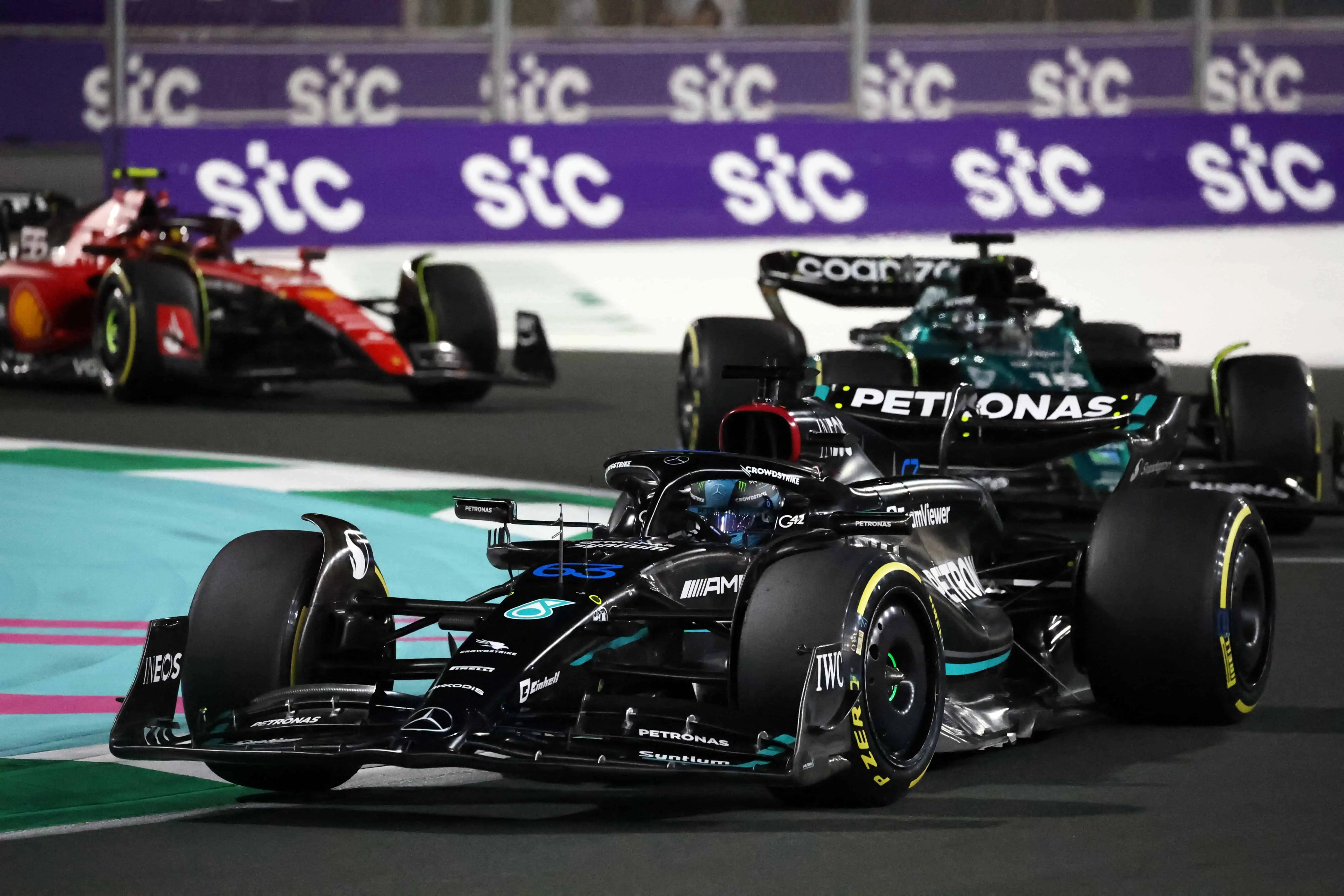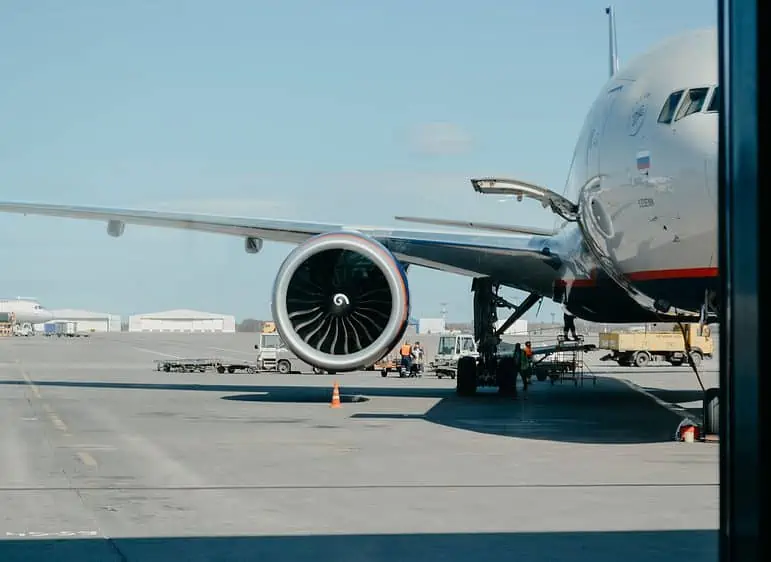Contribution article: The Last Lap

F1 reporter, David Tremayne, writes on the work going on behind the scenes towards the motorsport’s transition to a Net Zero future, and how the initiatives being taken will bring wider benefits that go far beyond F1.
Relevance. It’s a great word, a great qualifier of situations. Is something relevant, and if not, why not? I know plenty of people whose only thought about F1 is that it isn’t relevant to them, because the cars are so obviously different from their mundane Qashqais, Citigos or Corollas.
But perception often overshadows reality, and behind the scenes there have been some fantastic things happening technically in F1 which will have serious benefits – and relevance – for everyday motorists and the cars they drive in future. And, hopefully, despite what Blundering Boris signed up to in a bit of myopic virtue signalling, you won’t be restricted to buying just new electric cars from 2030. What F1 is working on now, which we will cover in a lot more detail in a later issue, will extend the life of the internal combustion engine far beyond that. Which is just as well, since F1 ICEs currently boast about 53% thermal efficiency. That makes them by far the most efficient piston engines ever made. How stupid would it be to waste that astonishing progress?
The solution to prolonging the life of the ICE is sustainable rather than fossil based fuel.
F1 has made it clear it will race with sustainable fuel from 2026 onwards, and some great progress is being made. And just this last week, two operators in the sport made important announcements that bode well for that future.
Mercedes and Petronas have worked closely to deliver a fully biofueled European season following a successful trial in 2022 which saw an 89% reduction in CO2 freight emissions over an experimental three-race period. Both, like any sensible partnership, are committed to a more sustainable future, only too aware that with the amount of travel that is involved big reductions in emissions can be made. Continuous technical innovation lies behind their transition to the target of a Net Zero future.
Sensibly, the FIA, FOM and the 10 teams have been working harmoniously and new sustainability exclusions in the Financial Regulations were approved at the most recent F1 Commission meeting. That has opened up opportunities for innovation in sustainability that were previously in conflict with on-track performance.
Mercedes’ initiative for a fully biofueled European season is the first of such projects, and over the 2023 European season – eight races rather than nine after the Imola cancellation – its fleet of Mercedes-Benz Actros trucks which transport all the freight required for each race, will refuel with HVO100. What’s that? Hydrotreated Vegetable Oil (HVO100) fuel is made from 100% sustainably sourced renewable raw materials such as waste oils and fats. The use of HVO100 can significantly reduce CO2 emissions and reduce the impact of freight on local air quality by reducing NOx and particulate emissions. Bioenergy is an important pillar of decarbonisation in the energy transition as a near zero-emission fuel. To get on track with the latest Net Zero scenarios, liquid biofuel consumption will need to quadruple by 2030 with road transport playing a critical role.
Each truck will cover between 9,000 to 10,000 kms, and with each fully powered by HVO100, the reduction in emissions amounts to 89% per kilometre, making it a significant undertaking. The overall ambition is a 60% reduction in emissions reduction and a saving of 200 tonnes of CO2. A full analysis on the final carbon emissions savings and the success of the project will be published at the end of the season.
Race base generators, which are used to power Mercedes Engineering’s trucks once they have been set up in the F1 paddock, will also be biofuel powered and served by a dedicated PETRONAS-branded tanker truck from mid-season onwards.
This new focus on road-based freight logistics follows a near-50% reduction in race team personnel air travel emissions after a pioneering investment in Sustainable Aviation Fuel.
Our aspiration to achieve a fully biofueled European season is a challenging and complex project which has been ongoing behind the scenes at the team for over a year.
Alice Ashpitel, Head of Sustainability at the Mercedes-AMG PETRONAS F1 Team
Alice Ashpitel, Head of Sustainability at the Mercedes-AMG PETRONAS F1 Team, says: “Our aspiration to achieve a fully biofueled European season is a challenging and complex project which has been ongoing behind the scenes at the team for over a year. With the support and collaborative effort of our expert partners, we are tackling a key pillar in our strategy for achieving Net Zero and supporting the wider adoption of HVO100 across the sport and logistics industries. This project marks another step in our sustainability journey, but we are on a learning curve. From the evidence of our trial, we are excited to see that 89% emissions reduction is possible for every journey that our trucks make, whilst recognising that supply challenges in sourcing HVO100 across Europe remain significant.”
Datuk Sazali Hamzah, Executive Vice President and Chief Executive Officer of PETRONAS Downstream said: “Today, we are witnessing a significant milestone in the successful use of HVO100 or sustainable fuel in freight transportation for Mercedes-AMG PETRONAS Formula One Team. By offering a solution that is 100% renewable and made from sustainably sourced materials, we help our partners to reduce greenhouse gas emissions by up to 90%.
“This is a testament to our commitment to supporting the motorsport’s ambition towards a sustainable future by leveraging collaborative efforts with our partners including Neste. Together with the Mercedes-AMG PETRONAS F1 Team, we will continue to progress in the right direction by perfecting our technology to meet the technical challenge presented by the 2026 power unit regulations.”
Thus is a leading player doing everything it can to pioneer the sustainable fuels that are such a central feature of F1’s drive to be Net Zero by 2030.
Simultaneously, Formula 1 and DHL announced a similar initiative, aiming for a 60% reduction at least in their carbon emissions. They have 18 trucks running on HVO100, and they’ll travel around 10,600 kilometres across this season’s European races, and will reduce carbon emissions while maintaining the same level of performance in terms of load capacity and travel distance as their diesel counterparts while providing a more sustainable process of sourcing.
Since Formula 1 announced its sustainability strategy in 2019, creating a more sustainable logistics network has been a key focus of the partnership with DHL and the introduction of the new biofueled trucks follows a series of initiatives designed to reduce the sport’s carbon footprint: these include switching to an increased remote broadcast operation; testing multimodal transport opportunities such as overland and ocean freight; and redesigning freight containers to fit on to the more efficient Boeing 777 aircrafts, reducing carbon emissions by 18% compared to traditional aircraft such as the 747. DHL trucks are also equipped with GPS to monitor fuel consumption and optimise more efficient routes when delivering ‘the race between the race’ at Formula 1 events.
Ellen Jones, Head of ESG at Formula 1 said: “We are a sport which operates on a global scale and DHL plays a critical role in delivering the races and helping us address the logistical impact we have as a World Championship. Together we are continually looking for more sustainable solutions, and through innovations such as the biofueled trucks we’re able to take the next step forward in reducing our carbon emissions and achieving our sustainability goal of being Net Zero by 2030. It is wonderful to see partners like DHL share the same drive and commitment to creating a more sustainable Formula 1.”
So, F1 isn’t relevant to the man or woman in the street? Of course it is! Possibly more so than ever. These sort of initiatives may be the duck’s feet, paddling furiously but unseen beneath the surface, but they are proof of the wholesale move to greater environmental responsibility that every operation needs to demonstrate these days, in or out of F1. And since HVO100 is a sustainable, second-generation biofuel that meets the standard EN15940 for paraffin fuels and is a straightforward drop-in substitute, they foretell a whole dramatic new era for the internal combustion engine.
I’m sure the well-meaning but annoying representatives of Just Stop Oil will try to disrupt the British GP with their orange powder as part of their life-interrupting crusade to get their message across, but greater appreciation of the facts of what the sport is already implementing ahead of the big change in 2026 might just give them pause. Who knows?
One small thing to end with, on a completely different topic which I cannot let pass without comment… My colleague Jonathan McEvoy of The Daily Mail recently described Max Verstappen as being ‘currently the world’s fastest man in the world’s fastest car.’ In F1, perhaps, Johnny, but just as a reminder the real world’s fastest man in the world’s fastest car remains Andrew Duncan Green OBE in ThrustSSC. Even Max with his Red Bull Honda RB19’s DRS wide open would struggle to keep up with Andy’s 763.035 mph performance in a straight line… Boom, boom!
With thanks to F1 reporter and journalist, David Tremayne, for permission to use his article, which was first published in GrandPrix+, the first e-magazine in the FIA Formula One World Championship. Subscribe here.


